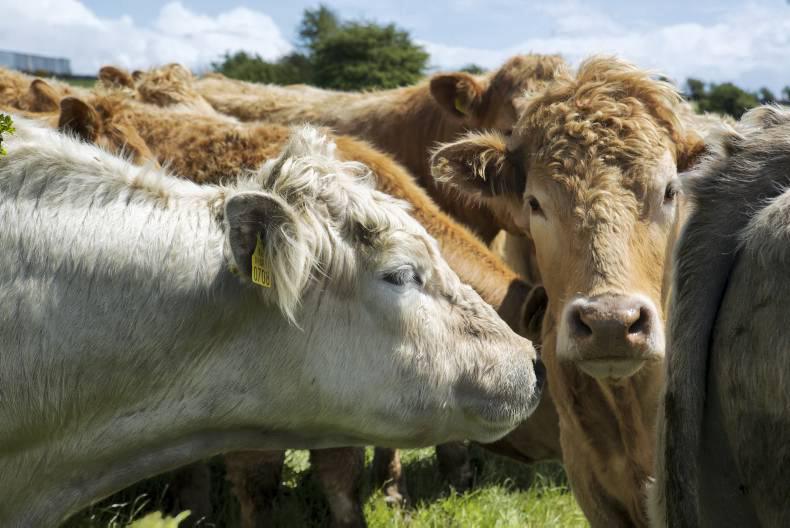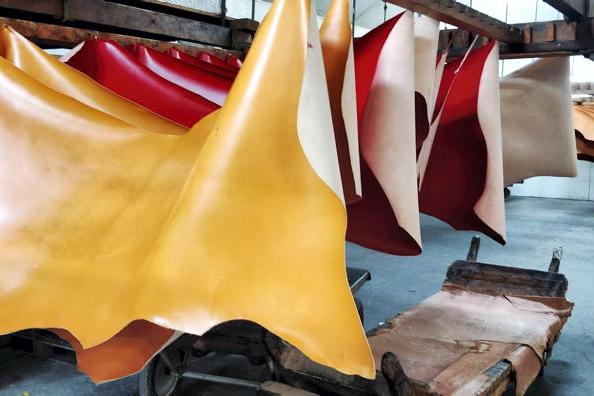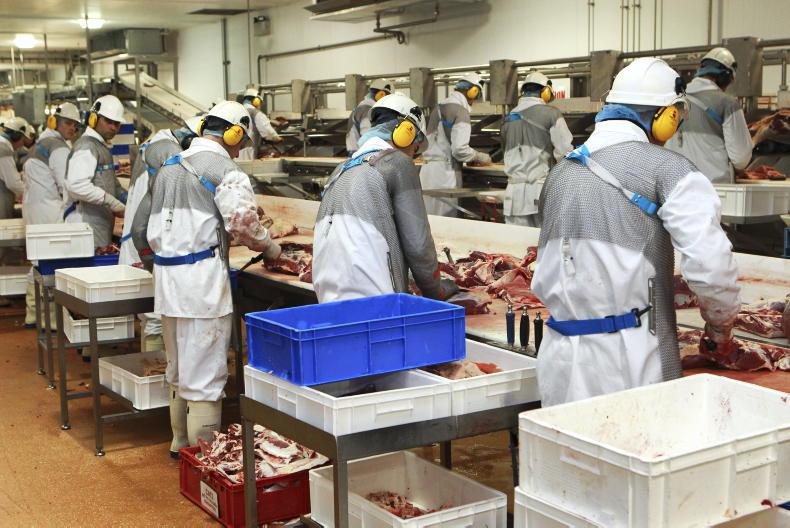Despite agreement within industry and Government that NI should pursue a case for negligible-risk BSE status, it will be 2017 before the case is put to the World Organisation for Animal Health (OIE).
With NI meeting all the requirements to qualify for low-risk status, it had been hoped that NI might have been able to get an application submitted in time for it to be considered at the annual world assembly of delegates of the OIE at their general session in May 2016.
However, the Irish Farmers Journal understands that DARD officials have indicated to industry representatives that they are unable to deliver on this timescale. Given that the issue crosses over into public health, DARD is obliged to consult with others. It seems that the Food Standards Agency and the chief medical officer have both insisted on the need for a full 12-week public consultation. As a result, it is simply too tight a window to get a consultation out, collate responses, and then build a case which must be approved by Government at Stormont before going before the OIE this May.
It means that it will be 2017 at the earliest before NI is able to move into the same bracket as major exporters such as Brazil and Argentina in having low BSE status. Local meat processors insist that obtaining low BSE status is a significant advantage when trying to access new export markets.
“There is still a stigma attached to having controlled risk status for BSE,” commented one.
Speaking to the Irish Farmers Journal, the chief executive of the NI Meat Exporters’ Association (NIMEA), Conall Donnelly said that he was frustrated, but not surprised at the delay.
“The main thing for us now is that DARD has indicated that they are committed to building a case. We would like to see significant progress made this year,” he said.










SHARING OPTIONS